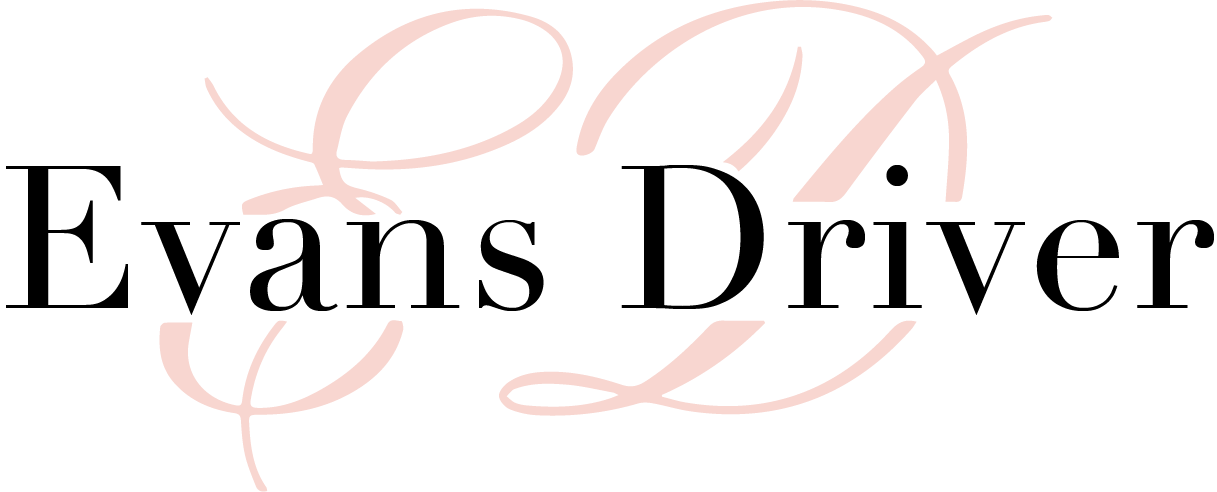
Frequently Asked Questions
-
Anyone who wants to grant another person authority to perform a legal act, such as one related to financial transactions, would need a power of attorney. This means that you could need a power of attorney in a variety of situations. For instance, the power of attorney could be limited to empowering your agent to attend a real estate closing on your behalf when you are unable to attend yourself. It could also mean empowering your agent to manage your financial affairs should you become incapacitated and unable to manage them for yourself.
If you do not have a power of attorney and you are unable to manager your financial affairs, the court would have to appoint someone to manage them for you.
-
The durability feature of a power of attorney means that it survives the incapacitation of the principal, the person who established the power of attorney. Without durability, a power of attorney will terminate should the principal become incapacitated.
-
The bottom line is that everyone, whether young or old, wealthy or less affluent, should have an estate plan in place. Estate Planning is about more than setting forth how you want your assets distributed upon your death. It is about planning for the things that you otherwise lack control of in life. No one can escape the unexpected, such as a sudden illness or devastating injury sustained in an accident. An Estate Plan can put protections in place that help ensure your wishes are carried out, no matter what life throws at you. Therefore, Estate Planning comes with a peace of mind that people at any age can enjoy.
-
Estate Planning is appropriate at any age. Many people mistakenly believe that Estate Planning is only for the elderly, but estate planning is important for people at any age. Estate Planning puts important legal protections in place that can bring you peace of mind in so much of the uncertainty that life brings. Sudden illnesses happen as do tragic accidents. An Estate Plan can help protect you and your loved ones in the event of the unthinkable.
-
With a strong Estate Plan in place, you can name a guardian for your minor children should something happen to you. This allows you to think about this important choice and discuss it with the person you think would be best situated to care for your children in your absence. Without an Estate Plan naming a guardian for your kids, the decision will be left to the courts in what can be an overwhelming guardianship process.
-
Yes, Elder Law and Estate Planning are different. Estate Planning involves putting legal tools in place that will dictate the distribution of your assets upon your death, as well as those that will protect your financial affairs and medical wishes in the event that you become incapacitated. Elder Law, on the other hand, involves those unique issues we face as we age. For instance, many of us will need long-term care at some point. Elder Law involves planning for long-term care and covering the substantial costs associated with it.
-
Medicaid is a joint federal and state program that provides health coverage to those with lower incomes. With the cost of long-term care as high as it is, many come to rely on Medicaid to cover this expense. The problem is that, without proper Medicaid Planning, you can quickly lose all of your assets and savings to long-term care costs before you can qualify for Medicaid benefits.
-
Probate is the court supervised process of administering a person’s estate after death. During probate, the personal representative will be tasked with managing the estate’s assets, notifying creditors and paying valid creditor claims, and will also work to ensure that the assets are distributed according to the terms of the will or, in the absence of a will, according to the state’s intestacy laws.
-
There are three main reasons why probate has become loathed by many. The first is that probate can be time consuming. The last thing people want to deal with after the death of a loved one is to be involved in a lengthy legal process. Probate can also be expensive and court costs can be substantial. Furthermore, probate lacks privacy. Probate proceedings become a matter of public record, which means that the assets of an estate and how they were distributed becomes open for anyone to see.
-
Starting your business out on the right foot can be an integral part of its continued success and growth. An attorney can counsel you on everything from what business structure best suits your needs, to how to properly file all the requisite paperwork with the state, to drafting the agreements and forms that will protect you and your business on the road ahead.
